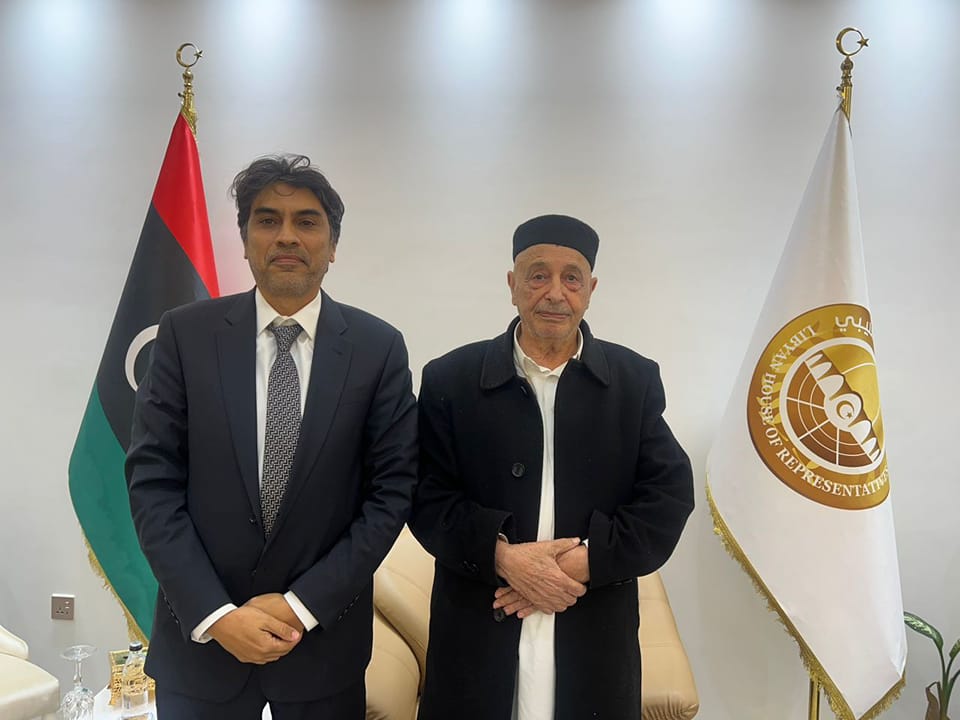The United Nations Support Mission in Libya (UNSMIL) announced that it held critical talks in Tripoli on Monday to address a central bank crisis that has escalated into a nationwide oil production blockade, posing the worst economic threat Libya has faced in years. The standoff began when Western factions attempted to replace long-serving Central Bank Governor Sadiq al-Kabir last month, prompting Eastern factions to retaliate by halting all oil production.

UNSMIL reported that the talks, which involved representatives from Libya’s House of Representatives, the High Council of State, and the Presidential Council, concluded with a “significant” understanding between the parties. The sides agreed to submit a draft agreement for review, with plans to finalize and sign it by Tuesday.
The Central Bank of Libya (CBL), which manages the country’s oil revenues and pays state salaries, is at the heart of the crisis. If the deadlock continues, Libya could face severe economic repercussions, including the inability to pay state salaries, process bank transfers, or issue letters of credit needed for imports, effectively freezing the economy and disrupting international trade.
The situation is further complicated by the Eastern factions, led by the House of Representatives (HoR) under Speaker Aguila Saleh and the Libyan National Army (LNA) commanded by Khalifa Haftar, who oppose the Tripoli-based Presidency Council’s efforts to oust al-Kabir. The ongoing oil blockade has already led to a drastic drop in production, with the National Oil Corporation (NOC) reporting a fall from nearly 959,000 barrels per day (bpd) on August 26 to just over 591,000 bpd by August 28, resulting in losses exceeding $120 million.
This crisis jeopardizes a fragile four-year period of relative peace in Libya, an OPEC member that has been divided between eastern and western factions, each backed by international powers such as Russia and Turkey. The continuation of the oil blockade could not only cripple the CBL but also lead to widespread electricity blackouts and further destabilize the country.





